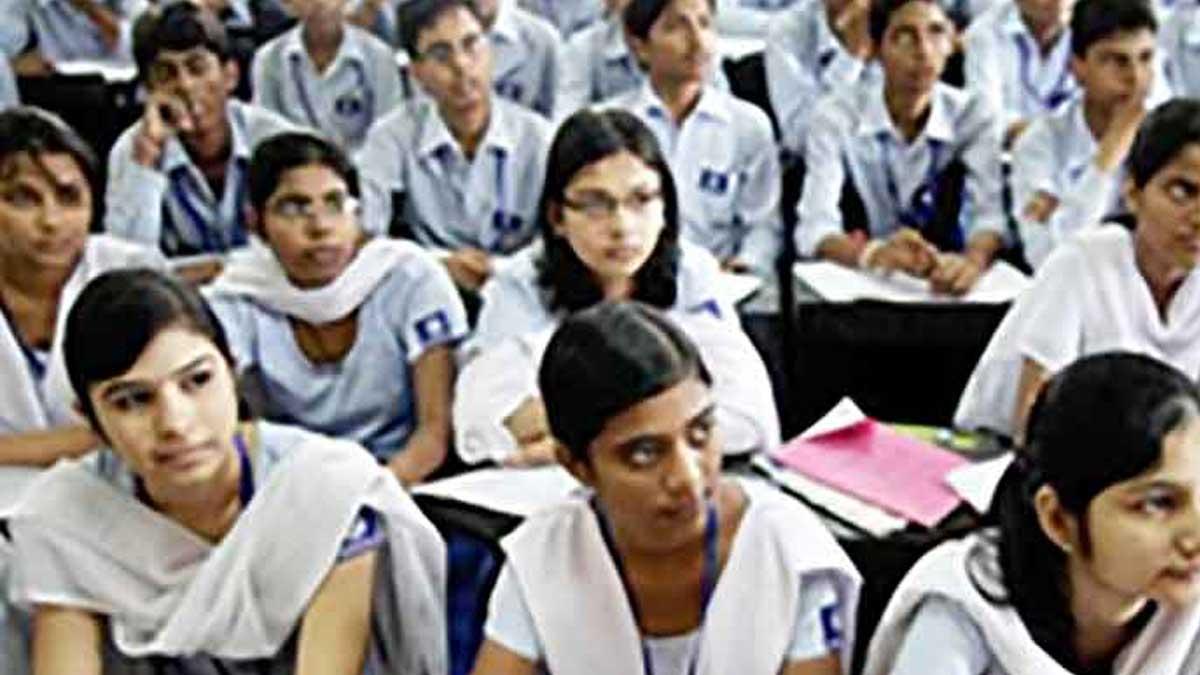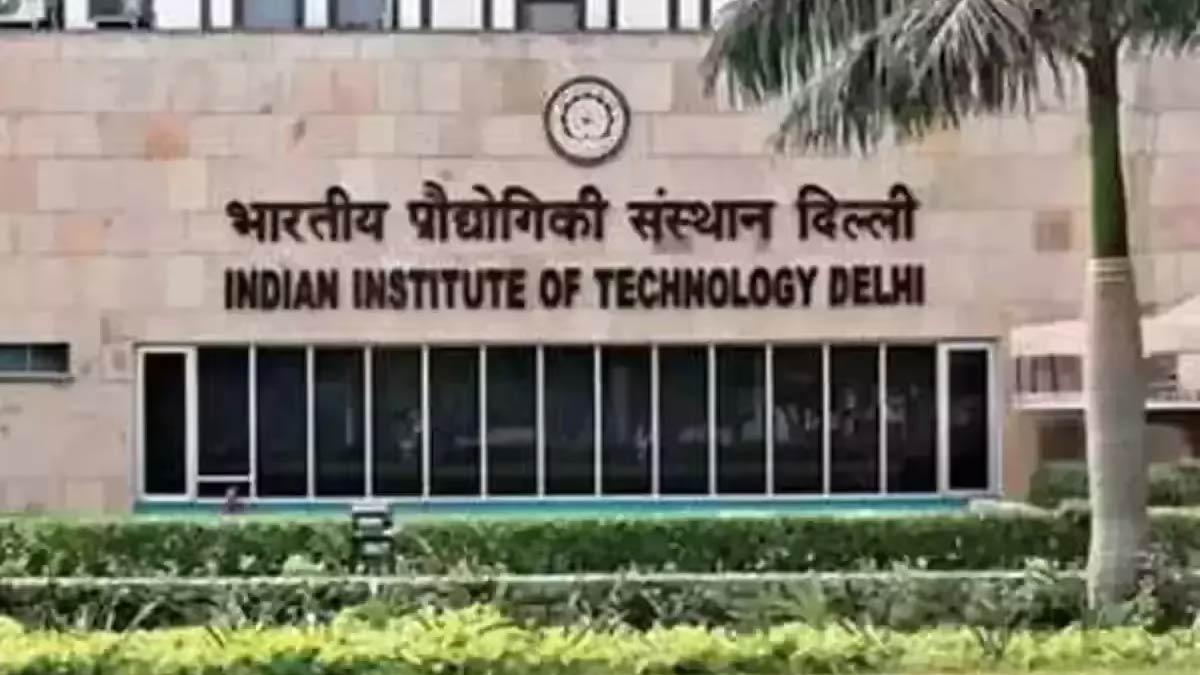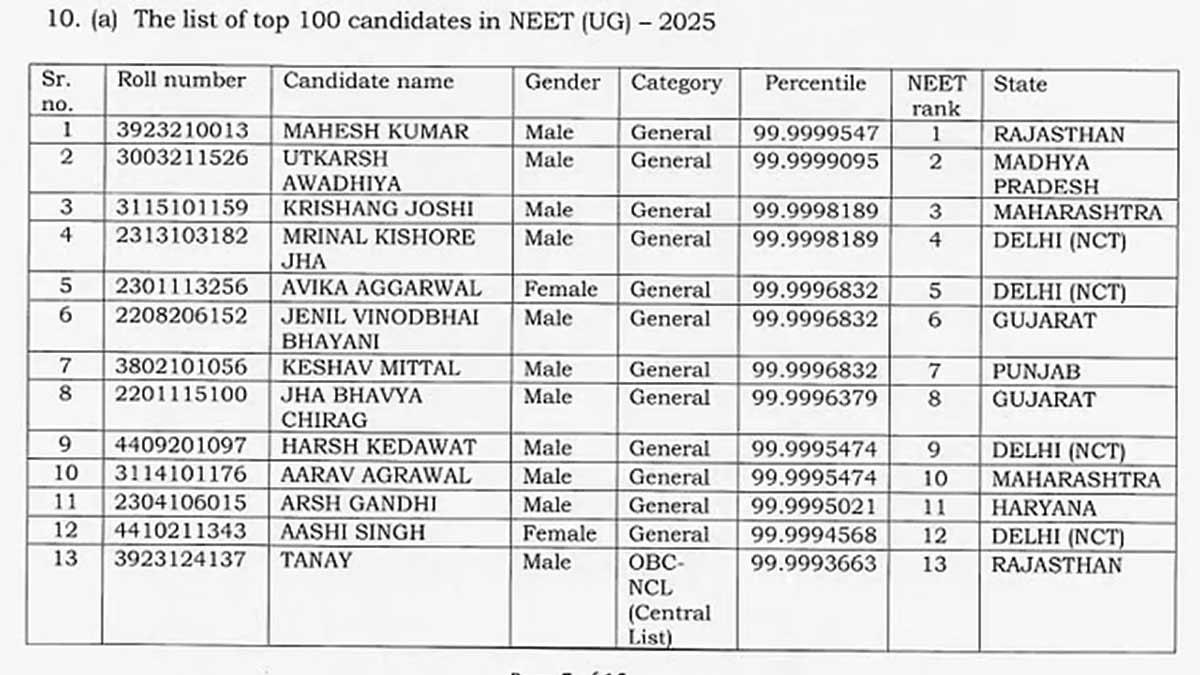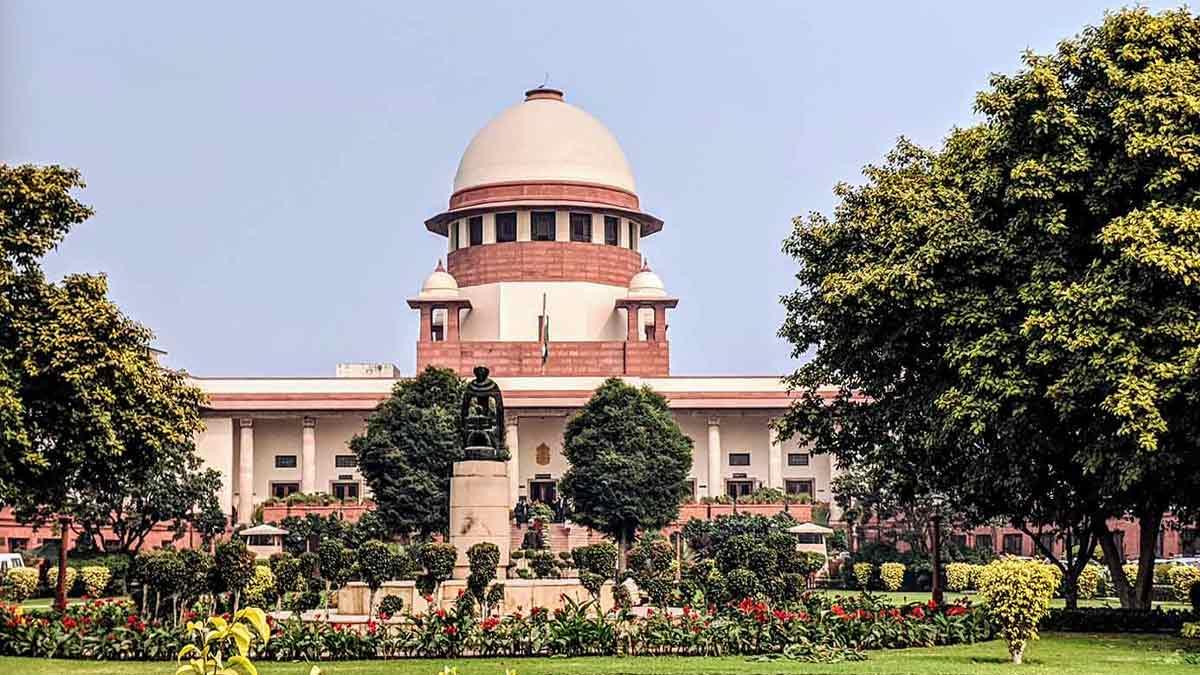The Economic Survey 2023-24 tabled in Parliament on Monday pegs the total enrollment of students in schools at 26.52 crore and those in higher education institutions at 4.33 crore. Finance Minister Nirmala Sitharaman presented the survey a day ahead of the Union Budget announcement.
According to the report, there are "more than 11 crore learners in skilling institutions" spread all over the country. These large numbers underline the magnitude of the challenge and the enormity of the objectives of the New Education Policy 2020, transformative in terms of developing India's educational landscape.
At the heart of the policy is the emphasis provided to enhance institutional capabilities for making lifelong learning a part of the education and skills framework.
The survey also says that this increase in enrolment in higher education was more visible in the weaker sections of SC, ST, and OBC, among whom female enrolment again rose faster.
More importantly, the share of female enrollment in higher education increased to 2.07 crore in FY22 from 1.57 crore in FY15, rising 31.6 percent during this period. Rising inclusivity in higher education is bound to improve the job prospects of relatively disadvantaged groups.
It has also been mentioned that NEP 2020 is actually undertaking radical transformation of education in which foundational literacy and numeracy is to be achieved for all by the third grade. The "Poshan bhi Padhai bhi programme" will establish the largest and most universal Preschool network in the world through the Anganwadi Centres.
This report also finally underlines the fact that the strong economic growth rate to be experienced by India over the next 25 years has to be sustained by a young, educated, and skilled population in order to remain competitive. This will be important for their effective engagement with the emerging technologies and for bridging educational and skill gaps accentuated by the pandemic.
Read also | Supreme Court Urges Action on NEET-UG Paper Leak, Sets July 11 Hearing


















